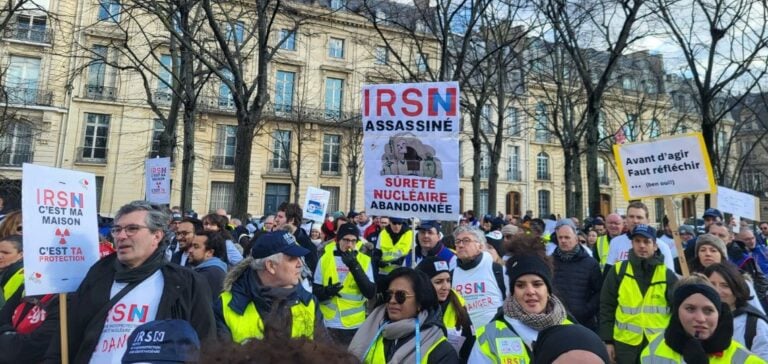The IRSN (Institut de Radioprotection et de Sûreté Nucléaire) trade union confederation announces a decisive demonstration in Paris. This action seeks to influence Parliament ahead of a crucial vote on a controversial nuclear safety reform. This reform involves merging IRSN with the French Nuclear Safety Authority (ASN), with the aim of “streamlining” operations in the context of the nuclear revival.
Opposition details
According to Névéna Latil-Querrec, representative of the CGT inter-union group, the bill fails to convince, even after revision by a Joint Committee (CMP). Critics point to the risk of disorganization, the loss of expert independence and a lack of public transparency. The compromise text, which is still under discussion, provides for expertise and decision-making to remain under the same hierarchy, raising concerns about the real autonomy of experts.
Next steps and policy implications
A demonstration is planned for Tuesday, with rallies near the Senate and the National Assembly, where the text will be voted on. The support of the three major union confederations underlines the scale of the opposition. The vote is scheduled for April 9, after a tight passage through the Assembly on March 19, where the reform was approved by just one vote, with the unexpected opposition of the Rassemblement National.
IRSN’s unions have published an open letter to members of parliament, warning of the harmful consequences of the reform. They urge legislators to take account of the risks of disruption at the heart of the nuclear recovery plan initiated by the French President, underlining the crucial importance of this period for the French nuclear industry.





















